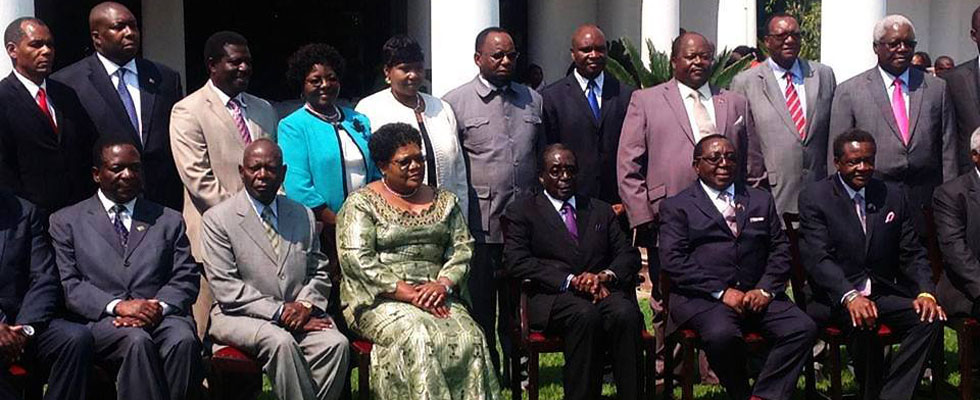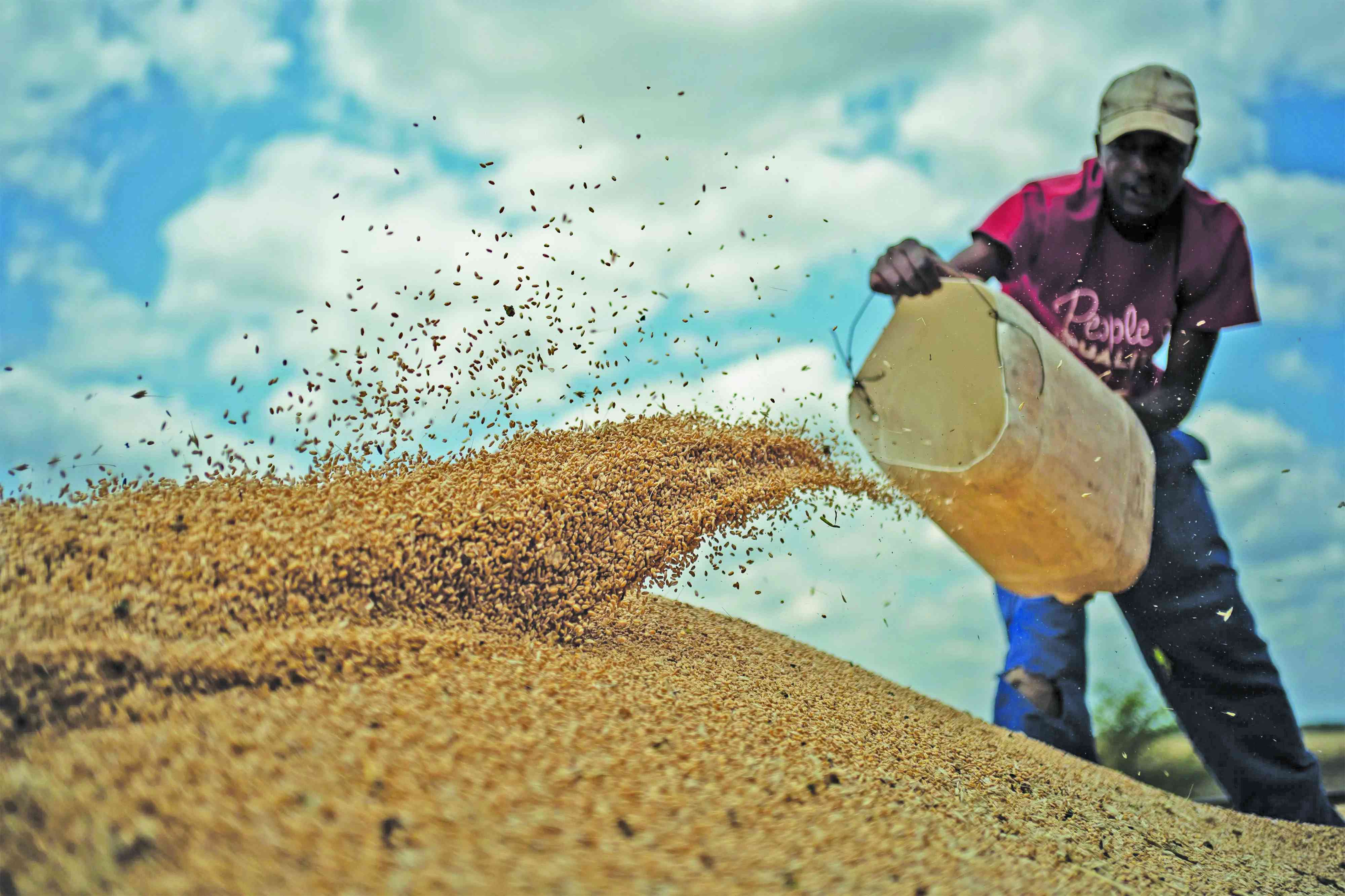
Some of the newly appointed ministers and deputy ministers are opening up and saying it as it is. And what a breath of fresh air it promises to be.
Guest Column Special Correspondent
If ever Zimbabwe is to pull out of its economic malaise it needs to be honest with itself.
Blaming sanctions for all its ills is being “economical with the truth”. Sanctions came only yesterday and yet the seeds of our economic decline were sowed even before independence. History shows that local market focused on import substitution, in the context of a small market and protectionism does not grow globally competitive enterprises.
International goodwill, the peace dividend and morally right, but unsustainable expenditure in social services, translated into rapid growth upon independence, but that soon wore off, with economic decline gaining momentum, as reserves were exhausted.
A newly bloated public service, fiscal mismanagement, HIV and Aids and corruption also took their toll. The war in Mozambique against Renamo and Operation Restore Sovereign Legitimacy in the DRC, justified though they both were, introduced Zimbabwe to the printing of huge sums of money.
Public borrowing in hard currency for consumption and to fund the DRC war effort put the last nail in the economy’s coffin. This unchecked decline resulted in the birth of the MDC, as labour was squeezed by the failing economy.
A desperate response by Zanu PF saw the launch of the chaotic, though necessary, land reform programme, as the party sought its survival and that of its legacy as a liberation movement. The sanctions and the hyper-inflation that followed are now of course, history, but the seeds of non-sustainable economic growth had been sown years before.
- Chamisa under fire over US$120K donation
- Mavhunga puts DeMbare into Chibuku quarterfinals
- Pension funds bet on Cabora Bassa oilfields
- Councils defy govt fire tender directive
Keep Reading
Make no mistake going forward, however, about the potential dangers of sanctions, should they be covertly extended to financial warfare, albeit labeled as targeted. A recent book, Treasury’s War, subtitled “The unleashing of a New Era of Financial Warfare” profiled in Finance and Development, September 2013, should be mandatory reading for those in authority. Iran and Syria have shown Zimbabwe the way forward.
Were sanctions to be lifted tomorrow — and I pray they are, if only to remove the convenient excuse that they, and they alone, are behind our poor productivity across all sectors — Zimbabwe will not progress unless the candour that we have recently seen from Cabinet members and their deputies translates into action.
Inability to confront the truth is how the USSR was lost, as it delayed necessary changes; delayed perestroika.
Deng Xiaoping confronted the truth and rose above the ideology of communism, to save his country by setting up a positive growth trajectory never seen in history before. Deputy minister of Finance Samuel Undenge’s honest admission that corruption needs urgent tackling and the national debt overhang is an albatross around the nation’s economic neck needs to be applauded. Zimbabwe must do what it takes to combat corruption and to get the debt forgiven and written off.
Corruption puts off principled investors besides diverting resources from the national purse. Economists have established that over the past few decades economic growth in resource-rich countries has, on average been lower than in resource-poor ones. Corrupt ruling elites have been identified as the problem, as in many cases revenue derived from natural resources flows directly through the government’s coffers. Corrupt public officials are thus able to take advantage of weak paper trails to siphon receivables to personal off-shore bank accounts.
Years of “looking to the East” should now yield fruit, if the nation is honest with itself. The East has shown that investment, raising agricultural production and productivity and driving exports are the three key ingredients of sustainable economic growth. Zimbabwe must resist the temptation of re-focusing exclusively on Millennium Development Goals. Rapid, sustained economic growth has come out as the best way of lifting millions out of poverty.
The truth too, is now being told on the government’s policies of “indigenisation” and “empowerment”. The honourable minister of Youth, Indigenisation and Economic Empowerment Francis Nhema has done a manful job of explaining economic empowerment to the Press and to both Zanu PF and CZI. Indigenisation and empowerment, as they had come to be known pre-elections, are now all, but dead. Instead the minister and his colleagues at Finance should also now concentrate on managing corruption and capital flight risk across all sectors.
The nation, as Cabinet would have noted, would shoot itself in the foot if it went after foreign-owned banks. Banks need to grow their balance sheets as this would allow the banks to loan more for longer periods at affordable interest rates, thereby helping to address the liquidity crisis.
Dr Paul Chimedza also hit the right note when he conceded that the nation lacks the resources to fund public healthcare adequately. Public private partnerships, he observed, could roll back the State in care-giving. The same sentiments, with respect to public accounting and auditing, were echoed by a World Bank representative who addressed a delayed winter school for accountants.











